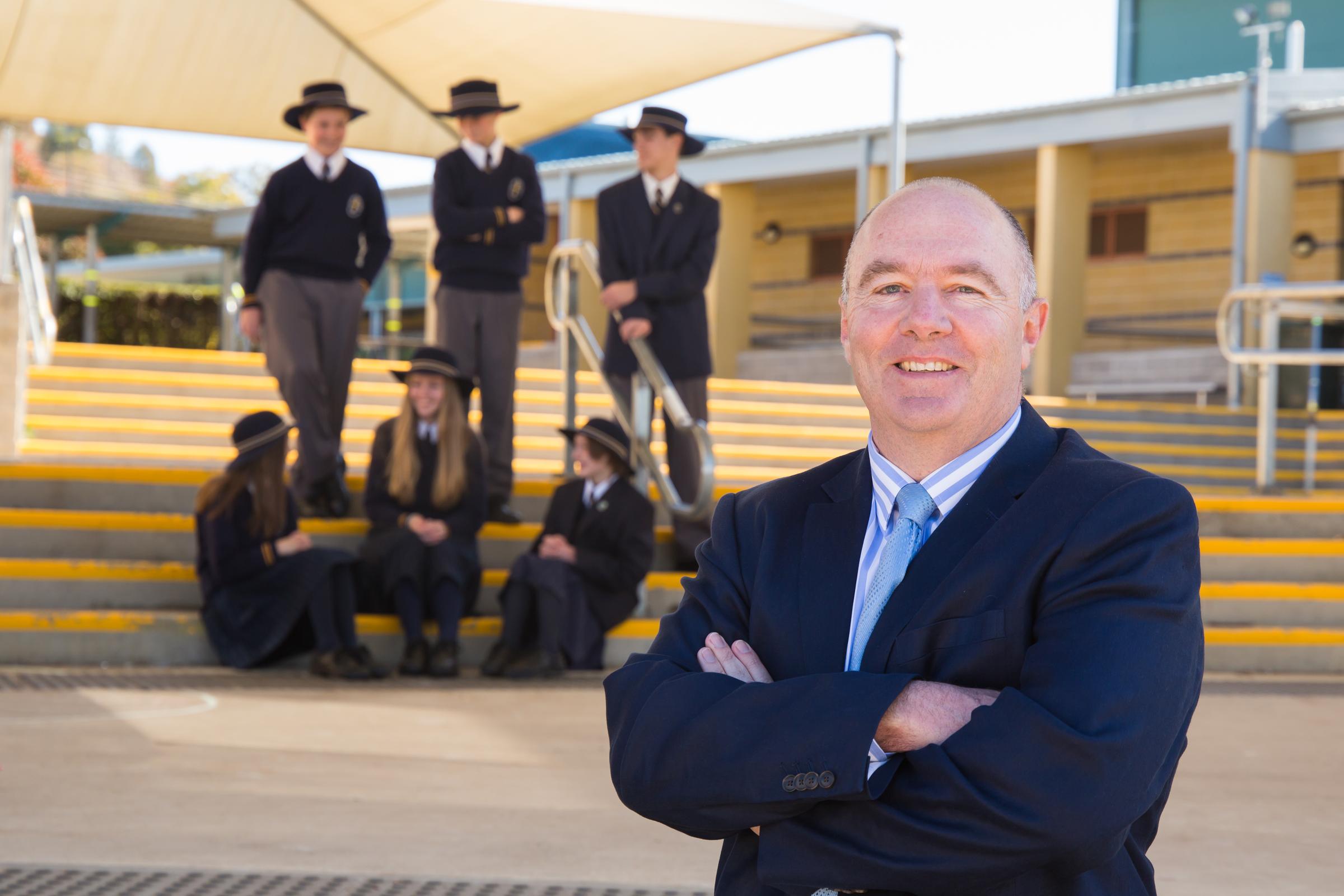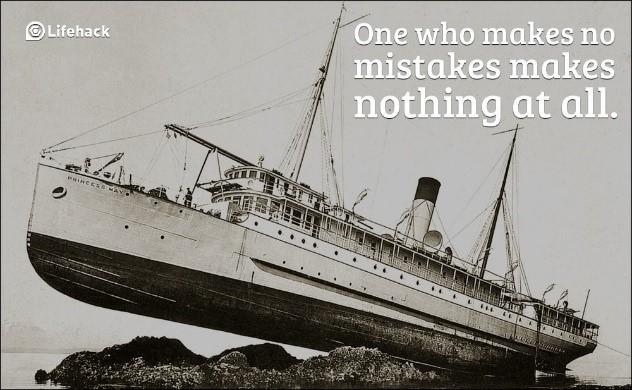Assistant Principal - Pastoral Care

Mistakes are Invaluable in the Learning Process
So often with students the biggest barrier to learning is fear of failure. Mistakes are viewed as evidence of an inability to do something and thus a tactical retreat is made to save face and self-esteem and an opportunity to learn something new is lost. Such a mind-set needs to be challenged and reversed so that everyone is able to learn their best.
We endeavour to create such a culture at this school. Mistakes are seen as steps on the way to learning mastery of an area. They are an essential stage on the journey of learning about or doing something. Each of us learns at different rates and in different ways. As humans there is no such thing as ‘one size fits all’ when it comes to our personalities and potentials.
Whilst not being a fan of golf – either playing or viewing – I was considerably impressed by what Jason Day said following his victory in the US PGA in 2015:
"I've seen multiple mental coaches," said Day. "But the biggest thing that prepares you for something like this is the sheer experience of failure.
"Looking at it as a positive and knowing you can learn from anything - that really gets you mentally tough."
"Augusta in 2013 when I had the lead on 16, that was a tough one to finish and get over," said Day, as he recalled bogeying two of the final three holes to fall out of contention at the Masters two years ago.
"But if I didn't have that failure I wouldn't be standing here with this trophy."
Day’s response is a perfect example of the importance of failure in our lives. To grow from failure we need to be self-reflective – look at and consider what we are doing and how we need to do it better. We need support about us, to encourage, help and guide us in our learning. We need experiences of trying to do things – without experience and being tested under challenging conditions it is difficult to discover what we can truly do. And lastly, we need to be resilient, that inner strength that enables us to try again and again and again.
At this time of the term students are completing and receiving assessment tasks. How they respond to the results will shape the rest of their learning this year. With your daughters and sons, I encourage you to discuss their mistakes and failures in a positive light – what do the mistakes indicate needs to happen next? What resources do I have at my disposal to help me succeed? What specific practice do I need to complete to learn further? What do I need to do differently? Link this way of thinking to other aspects of their life such as learning to drive a car, sport, part-time job, relationships. Discuss your own mistakes and failures and their role in your successes.
I am a big fan of The West Wing. There is a great episode that deals with the breakdown of one of the characters. His mentor tells him this story:
"This guy's walking down the street when he falls in a hole. The walls are so steep he can't get out.
A doctor passes by and the guy shouts up, 'Hey you. Can you help me out?' The doctor writes a prescription, throws it down in the hole and moves on.
Then a priest comes along and the guy shouts up, 'Father, I'm down in this hole can you help me out?' The priest writes out a prayer, throws it down in the hole and moves on.
Then a friend walks by, 'Hey, Joe, it's me can you help me out?' And the friend jumps in the hole. Our guy says, 'Are you stupid? Now we're both down here.' The friend says, 'Yeah, but I've been down here before and I know the way out.'"
Both teachers and parents play a pivotal role in helping show students “the way out” when it comes to embracing, and then learning from failure.
Mr Mick Larkin - Assistant Principal - Pastoral Care



